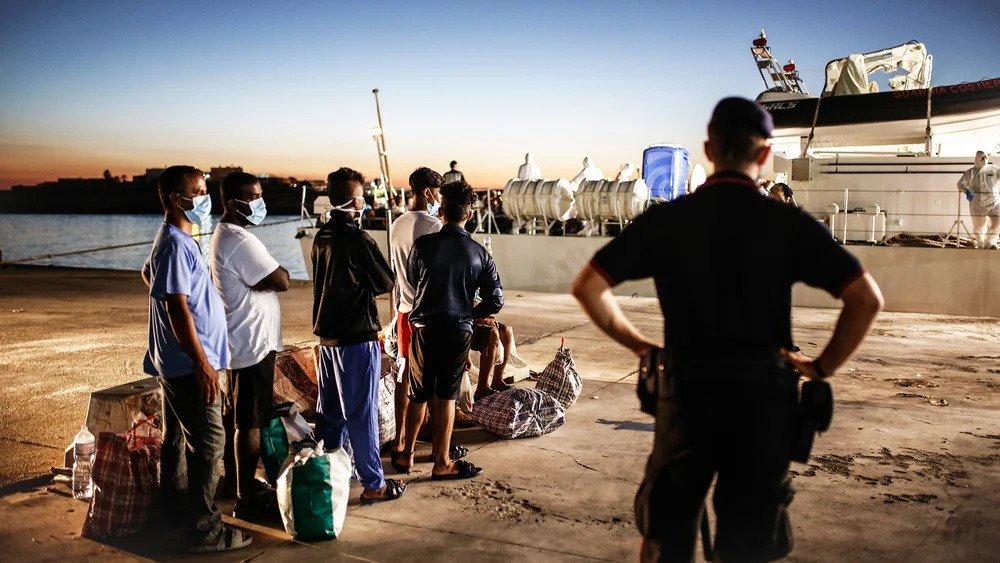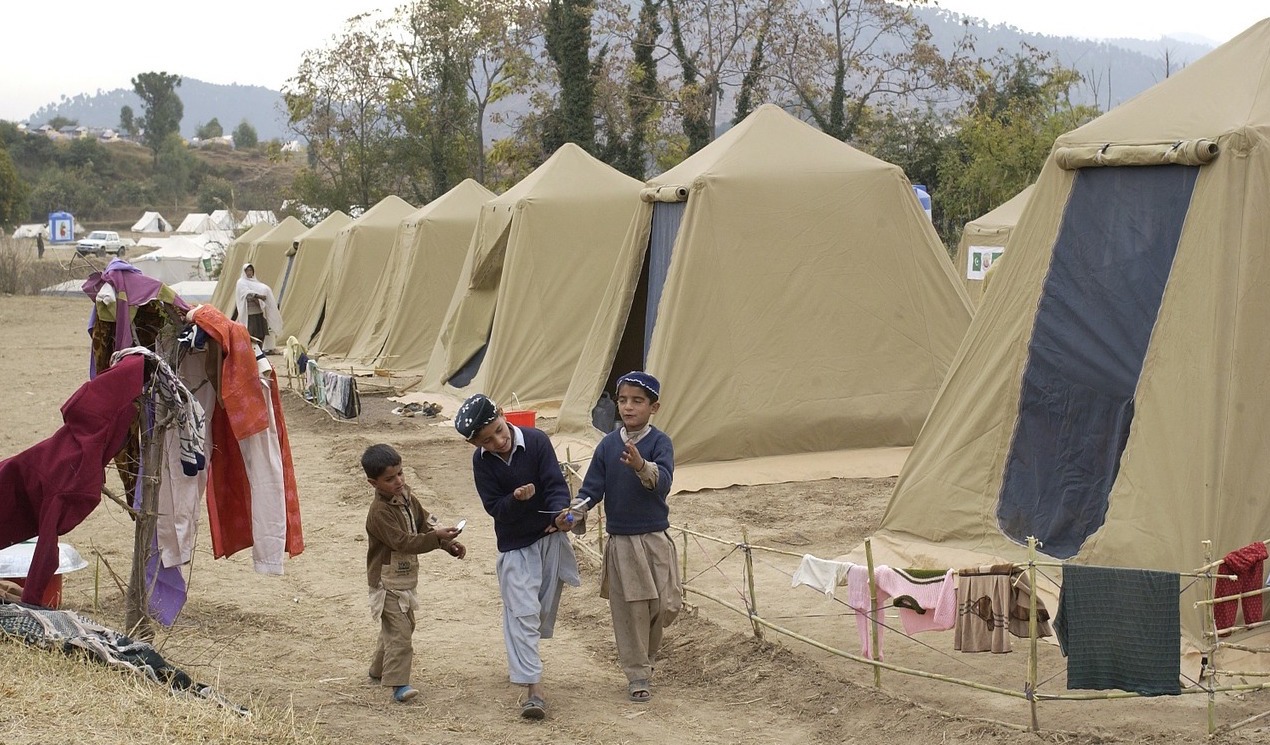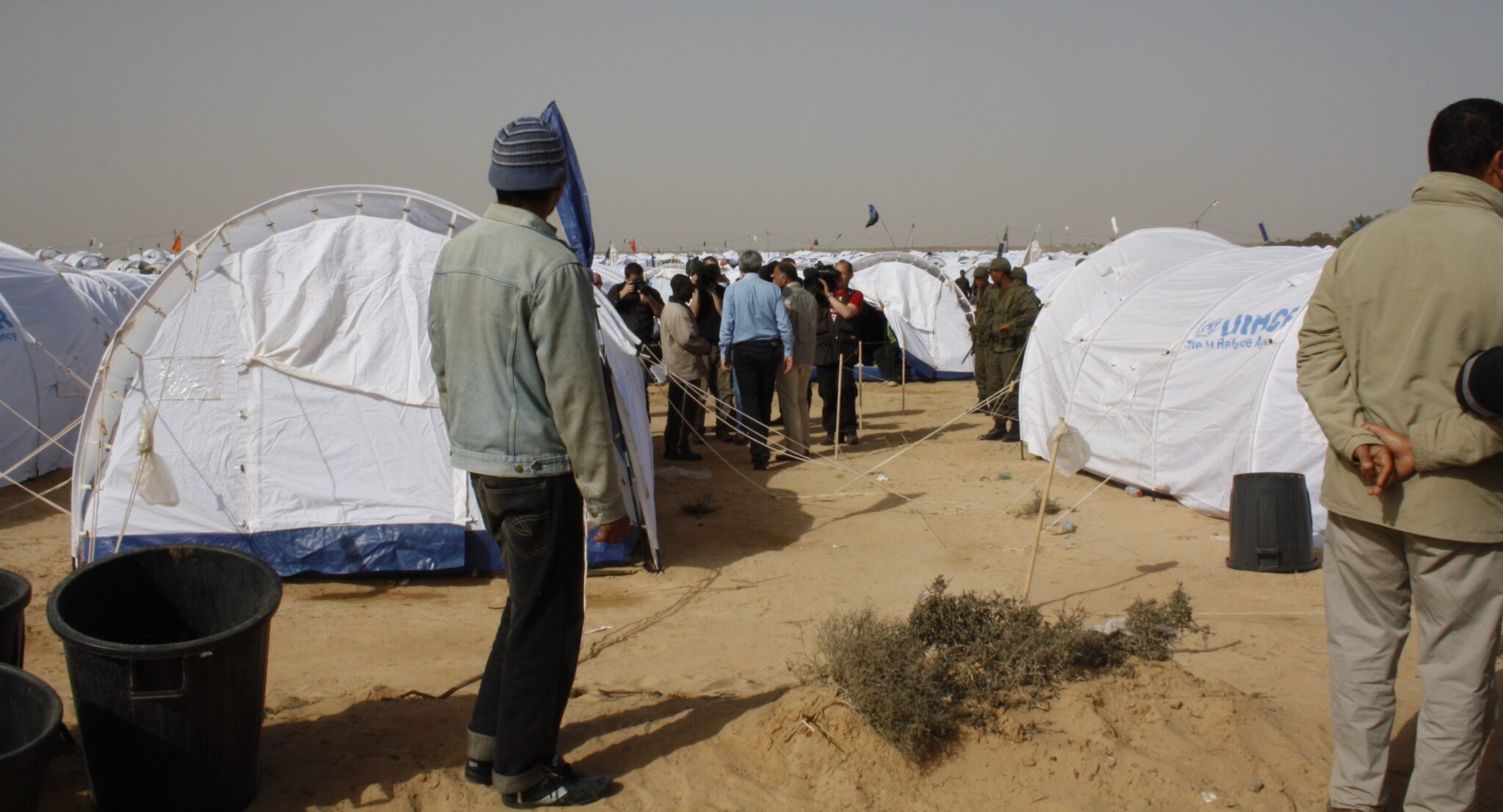
Tunisia: mass expulsion of Black African migrants
Hundreds of Black African migrants were rounded up from the Tunisian port city of Sfax, expelled across the country’s border with Libya and left stranded in the desert, sparking street protests by the large community of migrants waiting in the city. According to reports, some managed to escape back to the Tunisian side after being confronted by Libyan militiamen, but the fate of all those expelled has still not been accounted for. The expulsions came after mobs attacked Black Africans in Sfax following the funeral of a Tunisian man who was stabbed to death in an altercation with migrants. Tensions have been rising for months in Tunisia, which has seen a sharp increase in people attempting to cross the Mediterranean from its shores this year. (Map: Google)









